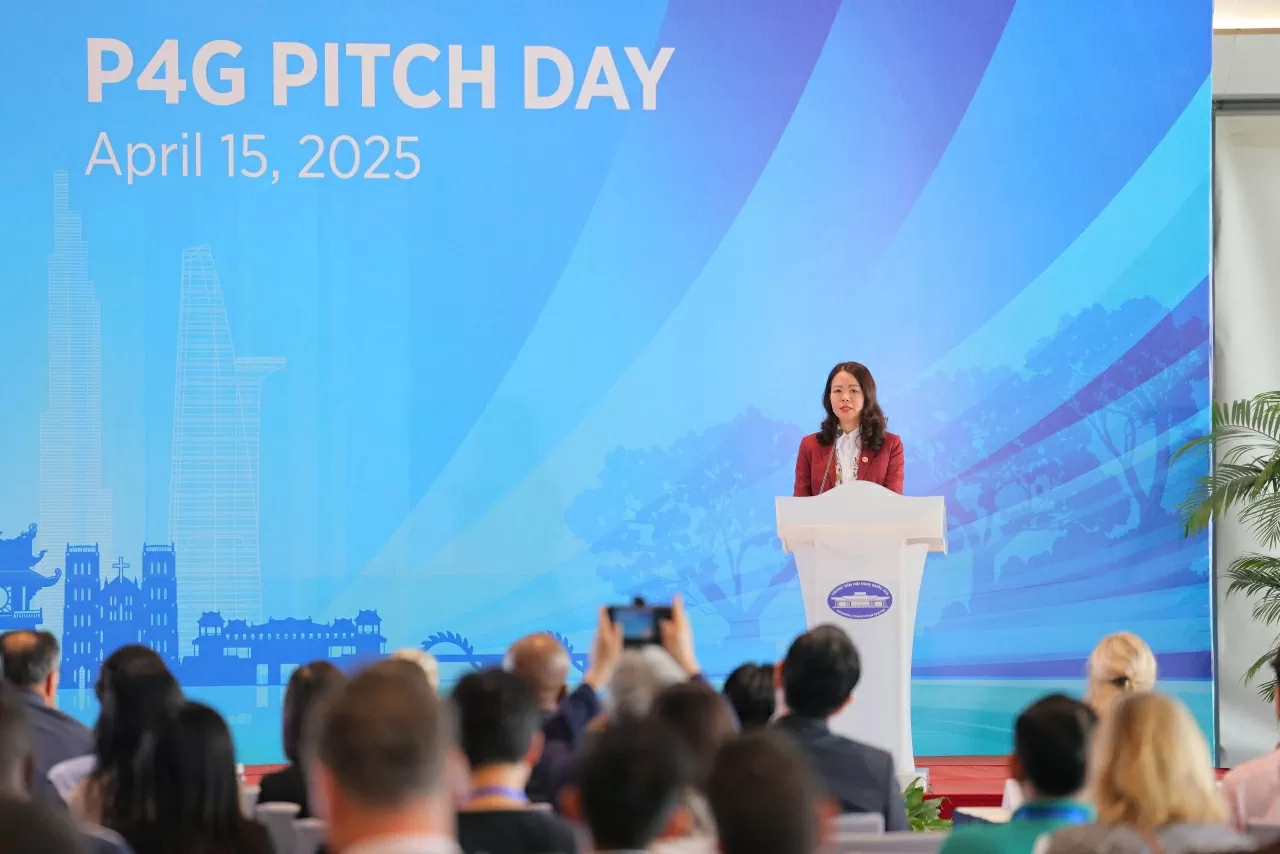 |
| Deputy Foreign Minister Nguyen Minh Hang delivered the opening speech of the discussion session. (Photo: Nguyen Tiep) |
The discussion session was attended by President and CEO of the World Resources Institute (WRI) Ani Dasgupta, Director General of the Global Green Growth Institute (GGGI) Sang-Hyup Kim, Deputy Director General and Executive Director of the Global Partnerships and External Relations Department of the United Nations Industrial Development Organization (UNIDO) Fatou Haidara, Founder of Thinkroom Catherine Young and CEO of BUYO Bioplastics Do Hong Hanh.
In her opening remarks, Deputy Foreign Minister Nguyen Minh Hang emphasized that the session “Promoting climate technology: The role of public-private partnership” is not only a timely discussion, but also an urgent issue as we are living in an era of transformation, with the rapid convergence of climate, technology and economy .
Deputy Minister Nguyen Minh Hang proposed three recommendations to further promote climate technology. First, P4G should further promote its role in making practical contributions to promoting international cooperation, considering climate technology as a new driving force for rapid, inclusive and sustainable development. Countries with potential should support small and developing countries in the process of green transition, energy transition, digital transformation, innovation and development of new technology and energy.
Second, we need to make technology transfer more equitable and accessible. We need to invest in innovation infrastructure – such as research centres and cleantech incubators – and support climate tech startups with capital, mentorship and market expansion.
Third, global finance needs to be aligned with local development goals. International partners need to better support local businesses and ensure climate solutions are developed in partnership with local communities.
“As a country heavily impacted by climate change, Vietnam understands the risks it faces. But we also see opportunities to transform, innovate and pioneer. For us, the transition to a green economy is not only a matter of survival, but also a path towards long-term adaptability, innovation and international integration,” Deputy Minister Nguyen Minh Hang affirmed.
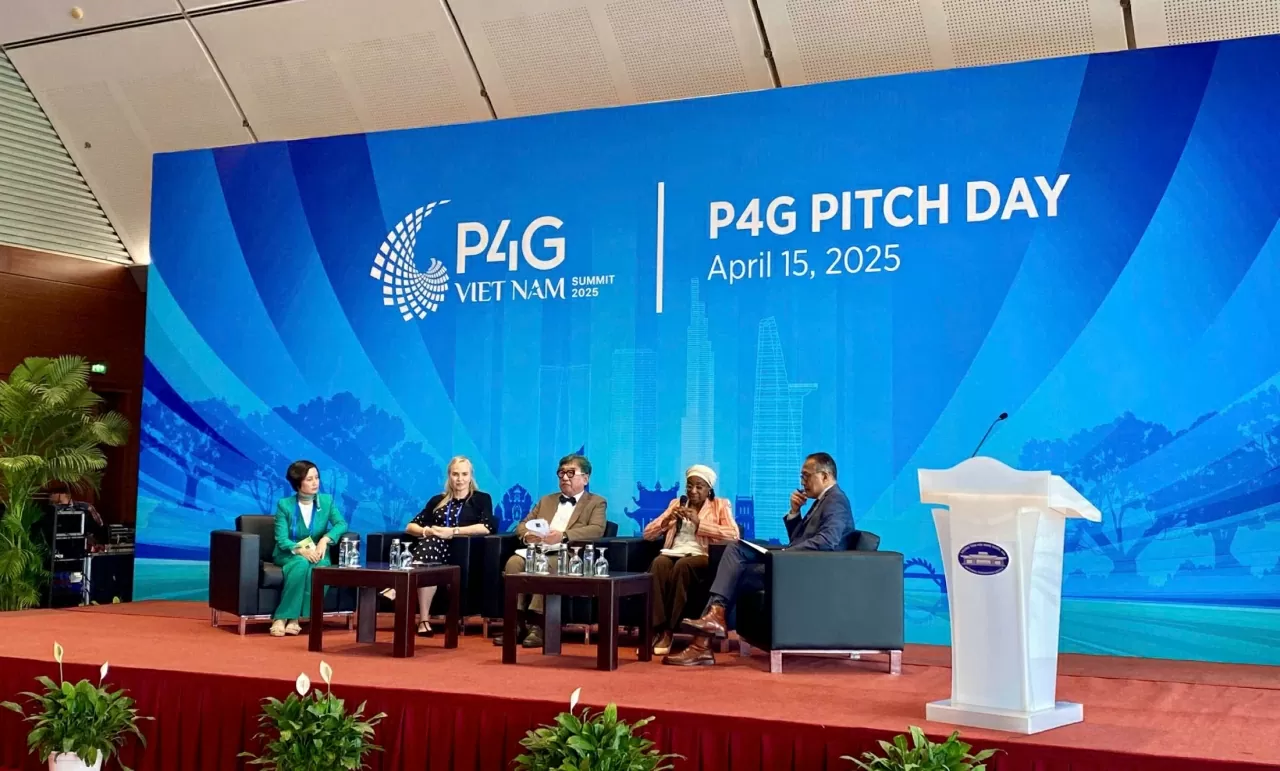 |
| From right: WRI President and CEO Ani Dasgupta, UNIDO Deputy Director General and CEO Fatu Haidara, GGGI CEO Sang-Hyup Kim, Thinkroom founder Catherine Young and BUYO Bioplastics CEO Do Hong Hanh. (Photo: Xuan Son) |
During the discussion, Ms. Fatou Haidara said that UNIDO is a specialized agency of the United Nations responsible for promoting sustainable and inclusive industrial development. In that mission, climate change plays a key role. “The climate crisis is a global issue that cannot be solved by any individual or organization alone. To effectively deal with it, the world needs close cooperation between countries and stakeholders, and the private sector is one of the most important partners,” Ms. Fatou Haidara emphasized.
Private enterprises, especially startups, have a great advantage thanks to their creativity, agility and flexibility, and are often at the forefront of developing new technologies. However, the current reality is that they do not have a favorable environment for development. UNIDO is particularly interested in areas such as clean technology, green energy in industry and nature-based solutions - these are all sustainable directions and suitable for local conditions. However, these initiatives often encounter many difficulties in the implementation journey.
One of the major obstacles is the high cost. In addition, the difficulty in accessing capital, combined with the fear of investment risks from sponsors, prevents many good ideas from being developed into real products. Not because the technology is not effective, but because they do not have enough conditions to develop.
It is here that UNIDO plays a bridging role, helping to bridge the gap between finance, policy and technical support for innovative businesses. This is the intersection where UNIDO is focusing its efforts to create an ecosystem that is conducive to startups and climate solutions, Ms. Fatou Haidara emphasized.
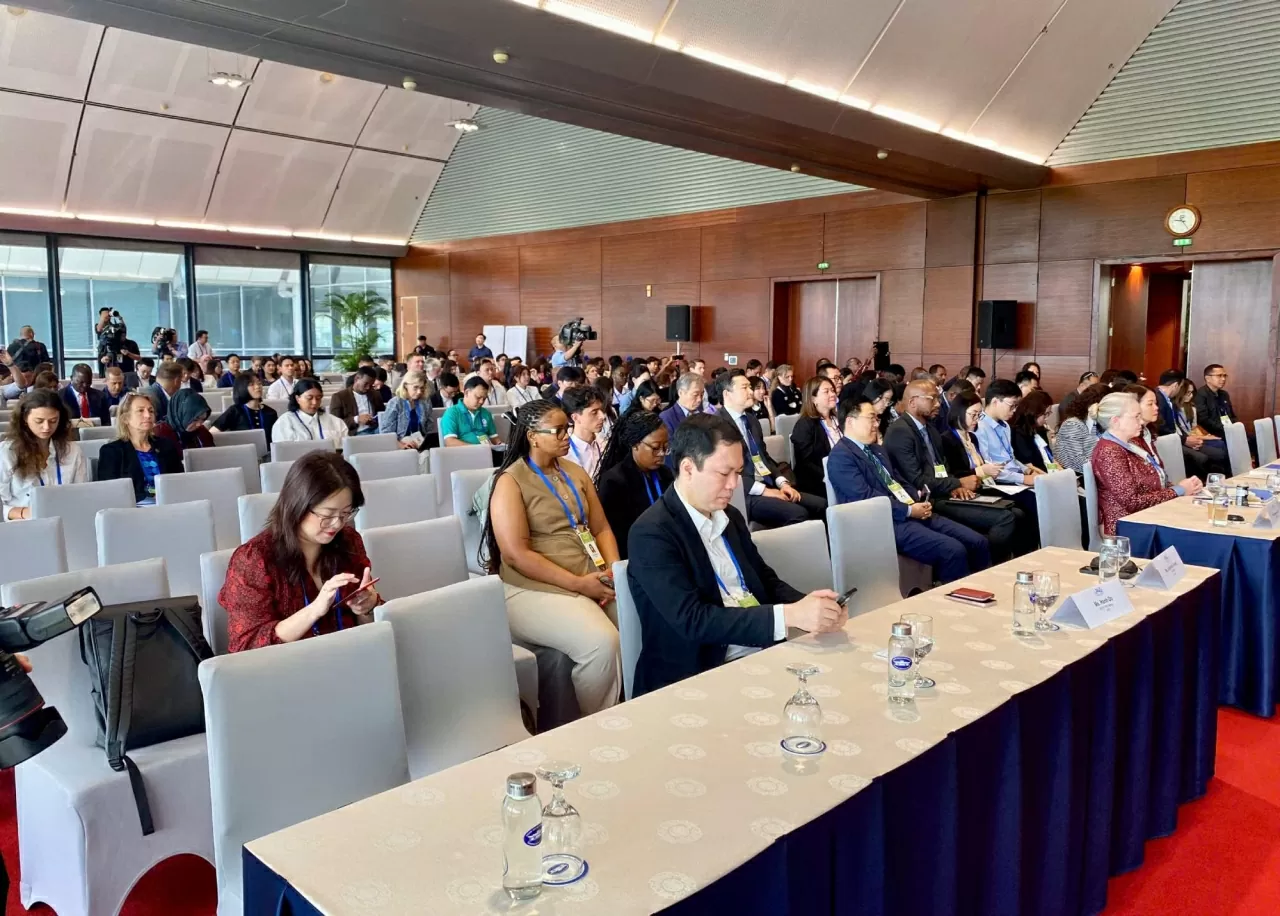 |
| Overview of the discussion session. (Photo: Xuan Son) |
Sharing about promoting public-private cooperation in developing countries, GGGI CEO Sang-Hyup Kim said that cooperation needs to be placed at the center of all development efforts. Since its establishment, GGGI has aimed to be different – to operate more flexibly, creatively and dynamically. Since 2018, GGGI has launched a green startup program, dedicating a portion of the organization's core budget to supporting startups operating in the field of green growth and has so far supported more than 400 green startups.
Moving into 2024, GGGI is expanding its support, particularly in areas such as energy efficiency. For example, GGGI has partnered with the European Union (EU) to support startups in this area. To date, more than 10 startups have received support, including 6 at today's event.
“Not only stopping here, this year, GGGI also cooperates with KOICA, the Korean development aid agency, to support startups in the field of green agriculture and circular economy. This initiative also receives support from the Ministry of Industry and Trade and the Ministry of Finance of Vietnam,” Mr. Sang-Hyup Kim emphasized.
South Korea is home to the Green Climate Fund (GCF), the world’s largest climate fund. GGGI is working with the GCF, the Korea Development Bank, and the Vietnam National Innovation Center (NIC) to launch the new program, which aims to help at least 40 startups access over $200 million in investment capital.
Commenting on the development of the startup ecosystem, Ms. Catherine Young, founder of Thinkroom, emphasized that in the past, everything was still fragmented, with startups and support organizations appearing but not closely linked together. Gradually, she realized that to start a successful business, it is impossible to rely on just one individual or one organization, but there must be coordination between many parties, from the public to the private sector, from financial institutions to technical support units.
There is a popular saying in Africa: “It takes a village to raise a child” and the same is true for startups: “It takes an ecosystem to nurture a startup”. A startup that is just starting to have an idea will need very different support than a business that has already started generating revenue. Therefore, it is important that organizations in the ecosystem understand the role and transition time to support startups at the right time and in the right way. This is a process of empowerment, no one can do it alone.
Startups succeed not only because their products are good, but also because they learn and connect with the ecosystem around them. They proactively learn how to work with the government, understand the regulations, and know where the opportunities are for growth. They don’t stand on the sidelines – they are part of the ecosystem.
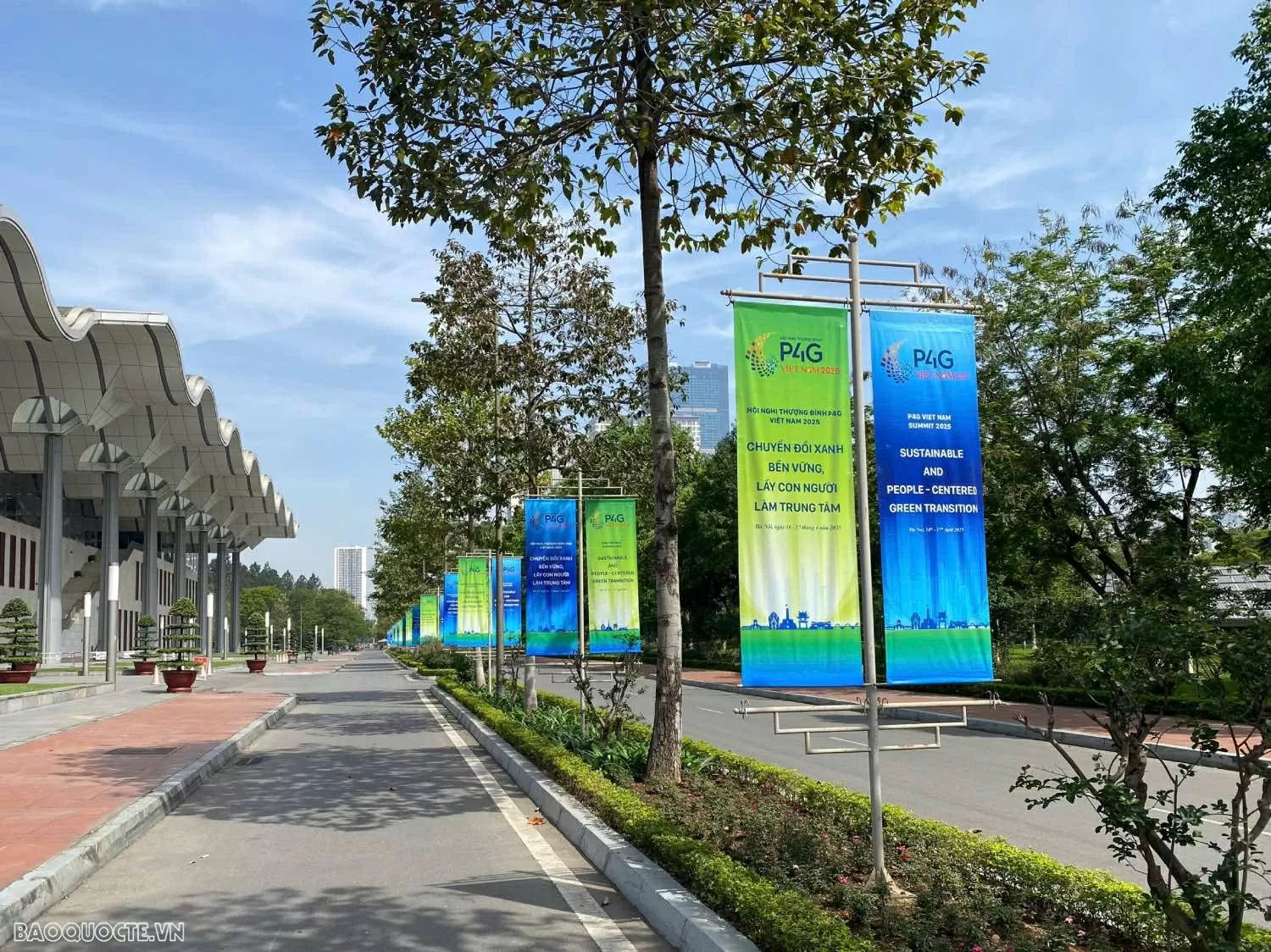 |
| Banners and slogans of P4G 2025 in central locations and the main hall of the National Convention Center create strong visual highlights, contributing to spreading the message of "Sustainable green transformation, focusing on people" to international friends. (Photo: Viet Hoang) |
Ms. Catherine Young concluded that starting a business is not a “short-term game” but “a long journey and every step requires companionship. All of us – from the state to businesses, support organizations, investors – have an important role in nurturing and accelerating the development of creative ideas”.
| There is a popular saying in Africa: “It takes a village to raise a child” and with startups, the same is true: “It takes an ecosystem to nurture a startup”. |
For BUYO Bioplastics CEO Do Hong Hanh, in the current world context, it is impossible to operate independently, but parties need to build stronger partnerships, not only between private enterprises but also between the public and private sectors.
Ms. Do Hong Hanh proposed three important forms of support for startups. The first is finance, especially equity investment. This is where public-private partnerships play a role in diversifying funding sources, such as grant funding. This is a very valuable resource, especially for technology or climate technology businesses, where research and development (R&D) requires a long-term vision rather than short-term profits.
Second is market access. For example, BUYO has gained a lot of value by participating in programs that involve public and private partnerships, typically the cooperation program with 5 large multinational corporations: AB InBev, Coca-Cola, Unilever, Colgate and Danone. This is a valuable opportunity for BUYO to access the market and test the commercialization of products. Without such programs, early-stage startups like BUYO would have difficulty accessing the supply chains of large corporations or reaching out to the global market.
Third is lobbying. Because startups’ technology is pioneering, sometimes the market is not ready or does not have appropriate regulations. Market communication or connecting with policy-making agencies is extremely important. “We are very fortunate to have the support of the National Startup Support Center (NSSC) under the Ministry of Science and Technology. NSSC has played a bridging role, helping us approach policy makers, creating a favorable environment for our technology to be applied and developed,” Ms. Do Hong Hanh emphasized.
The discussion sessions on "Promoting climate technology: The role of public-private partnerships", "Promoting investment for new startups in emerging economies", along with investment and business connection activities, the meeting of national representatives of P4G member countries, sessions connecting startups and investors... are activities within the framework of the fourth P4G Summit taking place in Hanoi from April 14-17. This is the first time Vietnam has hosted the P4G Summit - a multilateral cooperation mechanism. initiated by Denmark in 2017 and with the participation of 8 other member countries: Vietnam, Korea, Ethiopia, Kenya, Colombia, the Netherlands, Indonesia, South Africa and 5 partner organizations: World Resources Institute (WRI), Global Green Growth Institute (GGGI), C40 network (C40 cities), World Economic Forum (WEF) and International Finance Corporation (IFC). |
See more articles about the P4G Vietnam Summit 2025 here .
Source: https://baoquocte.vn/co-hoi-de-viet-nam-chuyen-minh-doi-moi-va-tien-phong-trong-ne-n-kinh-te-xanh-311192.html


![[Photo] Readers line up to visit the photo exhibition and receive a special publication commemorating the 135th birthday of President Ho Chi Minh at Nhan Dan Newspaper](https://vphoto.vietnam.vn/thumb/1200x675/vietnam/resource/IMAGE/2025/5/17/85b3197fc6bd43e6a9ee4db15101005b)


![[Photo] More than 17,000 candidates participate in the 2025 SPT Competency Assessment Test of Hanoi National University of Education](https://vphoto.vietnam.vn/thumb/1200x675/vietnam/resource/IMAGE/2025/5/17/e538d9a1636c407cbb211b314e6303fd)

![[Photo] Prime Minister Pham Minh Chinh chairs meeting on science and technology development](https://vphoto.vietnam.vn/thumb/1200x675/vietnam/resource/IMAGE/2025/5/17/ae80dd74c384439789b12013c738a045)


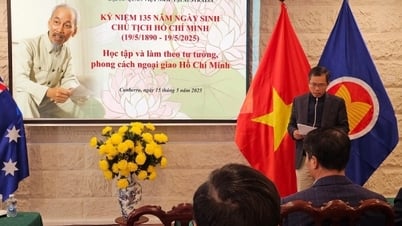
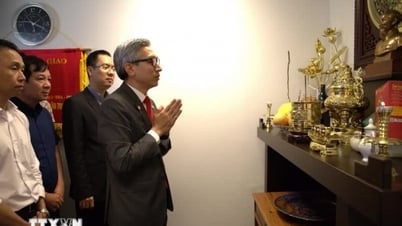
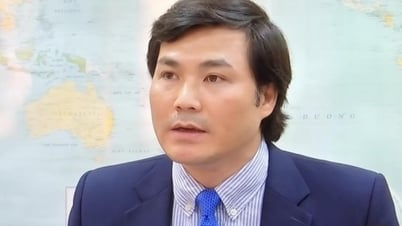






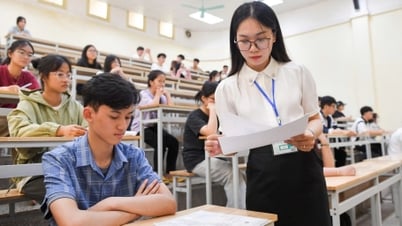
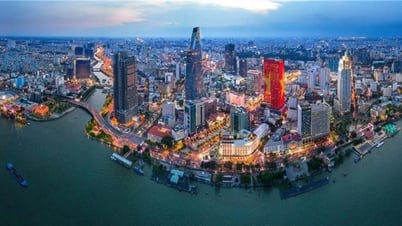
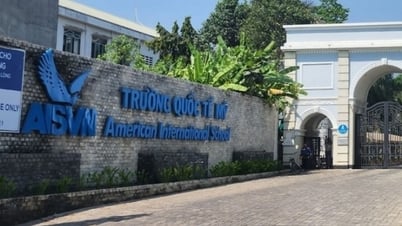



![[Photo] Nearly 3,000 students moved by stories about soldiers](https://vphoto.vietnam.vn/thumb/1200x675/vietnam/resource/IMAGE/2025/5/17/21da57c8241e42438b423eaa37215e0e)























































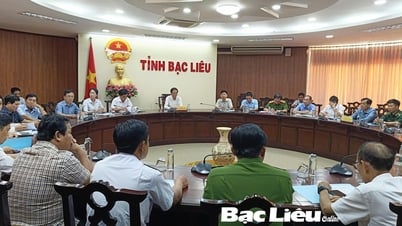

















Comment (0)